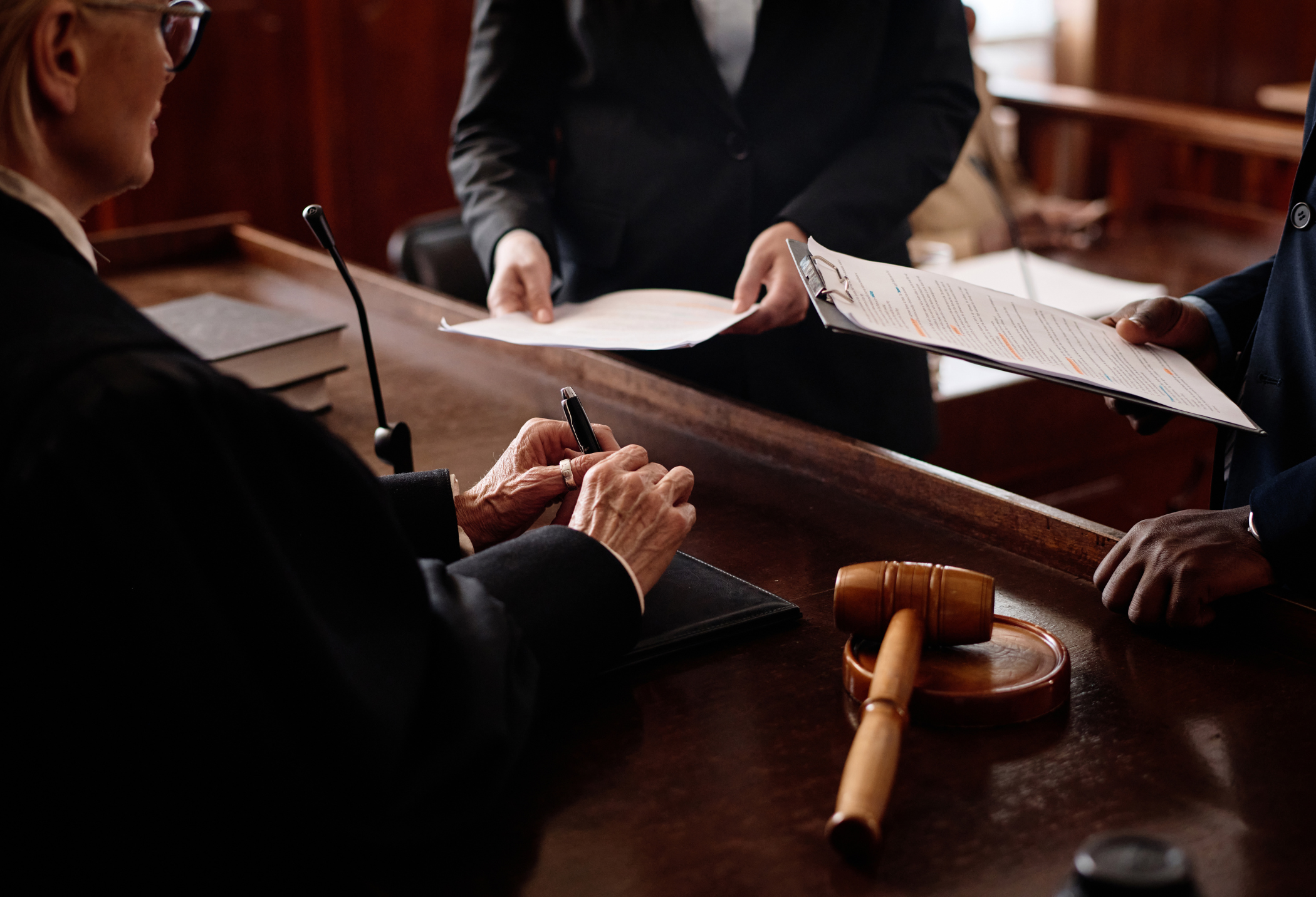
The Federal Appeals Process: How to Challenge a Conviction or Sentence
March 18, 2025
Following a federal conviction, a defendant who believes that errors occurred during their trial or sentencing can seek relief from their conviction or sentence through a federal appeal.
Understanding the Federal Appeals Process
A defendant who is convicted in federal court may challenge their conviction or sentence through a federal appeal. Defendants should understand that a criminal appeal does not mean they get to retry their case in the circuit court. Instead, a circuit court can only provide relief if the trial court made an error that affected the case’s outcome. If the circuit court determines that an error occurred, it can order the district court to take various actions to remedy the error, such as holding a new trial or dismissing charges.
Grounds for an Appeal
Some of the most frequent grounds for a federal criminal appeal include:
- Legal errors: A trial court may commit various legal errors in presiding over a criminal case, such as misapplying the law or abusing its discretion when deciding evidentiary issues or objections, exercising non-existent jurisdiction, or giving the jury incorrect instructions on deciding the case.
- Constitutional violations: Defendants may seek appellate relief if events during the trial violated their constitutional rights, such as the admission of evidence obtained through unlawful searches, the denial of due process, a non-speedy trial, the denial of legal representation, or receiving ineffective assistance from legal counsel.
- Sentencing errors: The federal appeals court can vacate a judgment if the district court made a sentencing error, such as imposing a sentence not authorized by federal law, miscalculating the Sentencing Guidelines, abusing sentencing discretion in varying from the Guidelines range, or failing to consider all relevant statutory sentencing factors.
Steps in Filing a Federal Appeal
Steps in the federal appeals process include:
- Notice of appeal: A defendant has 14 days from the entry of the judgment of sentence to file a notice of appeal, which notifies the district and circuit courts of the defendant’s intent to appeal; the notice must identify the issue(s) the defendant wishes the circuit court to address.
- Submission of the trial record: A defendant must provide the circuit court with a copy of the transcript and docket of the trial or applicable pre/post-trial hearings so the circuit court has a record of what occurred in the district court.
- Appellate briefs: Parties must submit written briefs that explain, by citation to statutory and case law, how the district court erred (or didn’t err) during the trial proceedings.
- Oral arguments: In most cases, the circuit court will hold oral arguments, during which the parties can present arguments and answer questions from a three-judge panel.
What Happens After an Appeal
After the circuit court hears oral arguments and reviews the parties’ briefs, it can either affirm or reverse/vacate the district court’s judgment. When the court reverses or vacates a conviction or sentence, it may order various forms of relief, such as a new trial, a new sentencing hearing, or instructions to dismiss charges against the defendant, depending on the error(s) that occurred.
However, when the circuit court affirms a judgment, a defendant can pursue further appeals by either asking the circuit court to reconsider the appeal “en banc” (in which all the judges in the circuit hear the appeal) or petition the U.S. Supreme Court for a writ of certiorari, under which the Court agrees to hear a further appeal.
Alternatively, defendants may pursue other post-conviction relief, such as writs of habeas corpus or §2255 motions.
Contact a Criminal Appellate Attorney Today
If you’ve been convicted of a federal crime, you may have the opportunity to seek relief through an appeal of your conviction or sentence. A knowledgeable criminal defense lawyer can guide you through the appeals process. Contact DiCaudo, Pitchford & Yoder today for a confidential consultation with our experienced legal team to learn more about federal appeals.